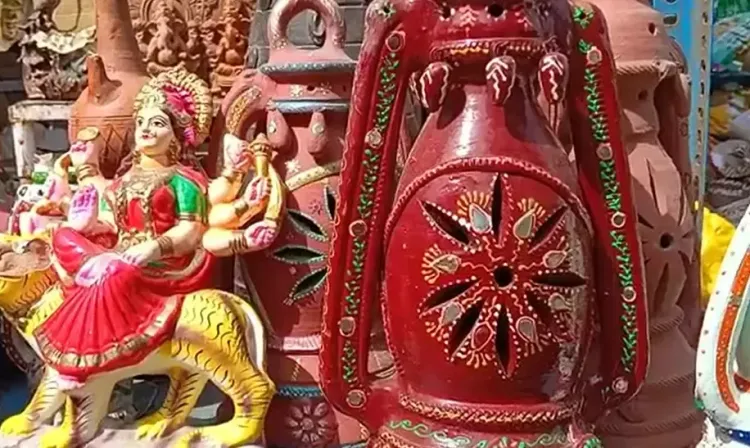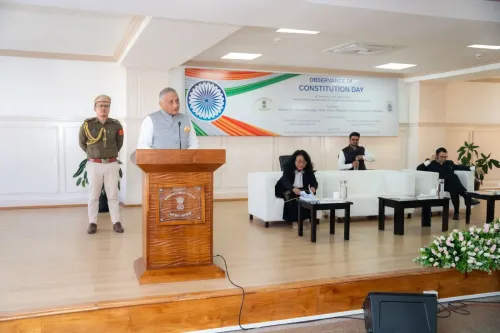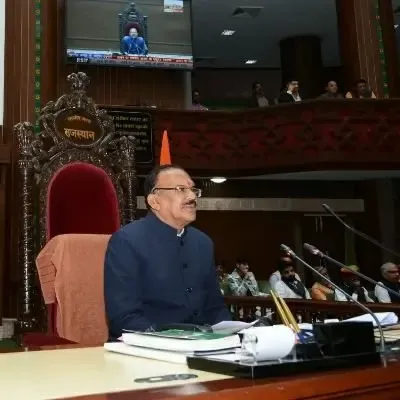Why are Swadeshi goods gaining popularity while Chinese products decline ahead of Diwali?

Synopsis
Key Takeaways
- Diwali is a festival that celebrates light and goodness.
- There is a growing trend towards purchasing Swadeshi products.
- Local artisans are thriving amidst competition from Chinese goods.
- The government is supportive of small businesses and indigenous craftsmanship.
- Embracing local products can lead to increased job opportunities.
Vadodara, Oct 11 (NationPress) In the face of stiff competition from Chinese products, traditional items such as clay lamps and diyas continue to thrive in Gujarat’s Vadodara. This trend reflects a growing preference among consumers for indigenous products that celebrate local heritage, a movement strongly endorsed by Prime Minister Narendra Modi.
Typically, the demand for Chinese goods peaks during Diwali in Vadodara. Nevertheless, for years, the local pottery community has been creating clay products that residents choose to enhance their homes during the festival, promoting a Swadeshi ethos.
With the rise of Chinese imports, local merchants offering traditional household items, including clay lamps, diyas, and decorative artifacts, are experiencing significant growth.
Both central and state governments are actively backing small enterprises, and the strong advocacy of Swadeshi products by Prime Minister Modi has greatly supported artisans and producers of local goods.
Local entrepreneur Rakesh Prajapati remarked to IANS, “With Diwali approaching, I urge everyone to purchase a minimum of one diya. We have crafted various designs from clay to satisfy the demand.”
Customer Deepika Gohil expressed her thoughts, saying, “I recently bought a beautifully crafted diya and a chandelier here. Following PM Modi's promotion of Swadeshi, we are committed to buying only Indian-made products and steering clear of Chinese goods. If we unite in this effort, we can bring about change and create more job opportunities.”
Diwali, also known as Deepawali, is one of the most significant Hindu festivals, celebrated with immense zeal across the country. The festival signifies the victory of light over darkness, knowledge over ignorance, and goodness over evil. According to the Hindu lunar calendar, Deepawali occurs on the Amavasya Tithi in the Kartik month. This year, there’s some uncertainty regarding the exact date, as the Amavasya Tithi spans two days, from October 20 to October 21.
The festival carries profound religious and spiritual importance, commemorating Lord Shri Ram's return to Ayodhya after vanquishing the demon king Ravana. The residents of Ayodhya rejoiced on this day by lighting diyas, illuminating the city, and creating rangoli patterns to greet Lord Ram upon his return from a 14-year exile.
Diwali marks the end of darkness and the victory of good over evil. On this auspicious occasion, devotees offer prayers with sincerity and purity to Goddess Lakshmi, Lord Ganesha, and Lord Kubera. Diwali ushers in happiness, prosperity, good fortune, and abundance into households worldwide.









